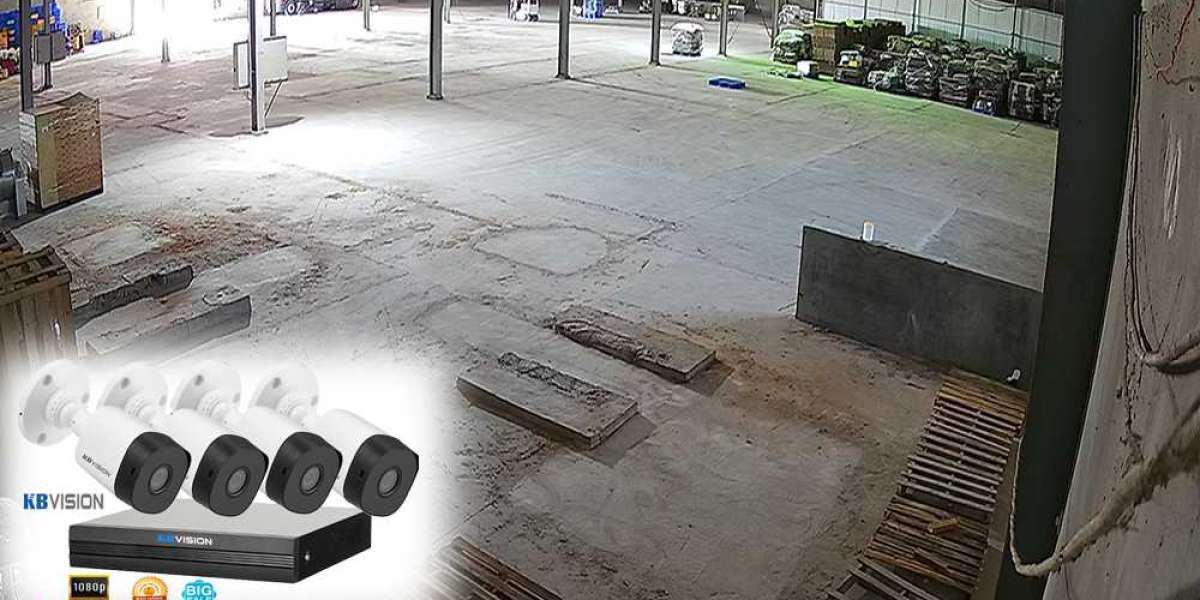What is Short Bowel Syndrome?
Short bowel syndrome (SBS) occurs when a significant portion of the small intestine is surgically removed or not developed properly. The small intestine plays a key role in absorbing nutrients and fluids from foods. When a large part of the small intestine is removed or does not function well, the body is unable to absorb enough nutrients and fluids from what is consumed. This can lead to malnutrition, dehydration, and weight loss.
Causes of Short Bowel Syndrome
The most common causes of SBS include:
- Crohn's disease: Inflammation from Crohn's disease can damage the intestines over time and require surgical removal of portions.
- Irritable bowel disease: Conditions like ulcerative colitis that cause severe inflammation can lead to the need for intestines to be surgically removed.
- Untreated birth defects: Babies born with congenital defects like volvulus where the intestines twist may require surgery to remove damaged portions.
- Trauma: Blunt force trauma to the abdomen from accidents can tear the intestines and require surgical resection.
- Cancer: Cancers of the small intestine or colon sometimes require surgical removal of large portions of the intestines.
- Other conditions: Rare conditions like mesenteric ischemia which reduces blood flow to the intestines can also lead to needing intestinal resection.
Symptoms of Short Bowel Syndrome
The primary symptoms of SBS are related to malabsorption and include:
- Diarrhea: Frequent, loose stools are common as the intestines cannot absorb enough water and nutrients from food.
- Dehydration: Fluid loss leads to dehydration which causes dizziness, fatigue, and fainting.
- Weight loss: Inability to absorb enough calories and nutrients leads to weight loss over time.
- Vitamin/Mineral deficiencies: Specific deficiencies can occur depending on which segments are resected including iron, calcium, vitamin B12, and fat soluble vitamins.
- Bone loss: Prolonged vitamin D and calcium malabsorption leads to osteomalacia or osteoporosis in adults.
- Bloating/cramping: Undigested carbohydrates fermenting in the intestines cause abdominal discomfort.
Diagnosis and Treatment of Short Bowel Syndrome
Diagnosis is based on medical history, physical exam, stool studies, and imaging tests. Treatment depends on how much intestine remains but generally involves:
- Diet modifications: Eating smaller, more frequent meals high in calories, protein, and fat while limiting roughage. Vitamin/mineral supplements are also important.
- Medications: Antidiarrheals,proton pump inhibitors, somatostatinanalogues, and other drugs can help absorption.
- IV nutrition: Total parenteral nutrition (TPN) through a central line provides complete nutrition for those unable to meet needs enteral.
- Growth hormones: May stimulate intestinal absorption through proliferation of mucosal cells.
- Intestinal rehabilitation programs: Coordinate nutritional support, medications, and lifestyle adjustments.
- Intestinal transplant: Considered for those reliant on TPN when complications arise, but it carries substantial morbidity and mortality risks.
Outcomes and Prognosis
The long-term outlook depends on the underlying cause and extent of intestinal resection. With appropriate treatment, many can achieve enteral autonomy. However, some may continue to rely on parenteral or enteral support long-term. Children are more likely to adapt than adults as the intestine can expand its absorptive capacities. Risks include lifelong micronutrient deficiencies, osteoporosis with bone fractures, hepatobiliary complications from TPN, central line infections, and even mortality in severe cases not responsive to interventions. Overall five-year survival has improved to 60-80% with advances in medical and surgical therapies.
Living with Short Bowel Syndrome
For individuals and families managing SBS long-term, the following tips can help optimize quality of life:
- Meal planning is crucial. Having high calorie liquid meal replacements provides flexibility.
- Hydration with oral rehydration solutions prevents dehydration between outputs.
- Loperamide or codeine as needed for diarrhea between dietary adjustments.
- Monitoring micronutrient levels with supplements adjusts prevents deficiencies.
- Participating in support groups shares challenges and solutions.
- Taking precautions like remaining near bathrooms aids daily activities.
- Maintaining central access sites clean reduces line infections.
- Keeping hydrated and active as tolerated prevents complications.
In summary, short bowel syndrome is a serious condition requiring multifaceted lifelong management. With a coordinated care team and adherence to treatment plans, many can live full and active lives despite resection of parts of their small intestine. Advancements continue toward improving management strategies and clinical outcomes for individuals affected by SBS.
Search
Popular Posts
-
 Laser Cleaning Dry Market Size, Industry & Landscape Outlook, Revenue Growth Analysis to 2030
By ajit Chary
Laser Cleaning Dry Market Size, Industry & Landscape Outlook, Revenue Growth Analysis to 2030
By ajit Chary -
 The mobile app Pin Up casino
By Pin Win
The mobile app Pin Up casino
By Pin Win -
 Misliaz: Azərbaycanın Lisenziyalı Bukmeker Kontoru və Onlayn Kazinosu
By NIKOL
Misliaz: Azərbaycanın Lisenziyalı Bukmeker Kontoru və Onlayn Kazinosu
By NIKOL -
 Bộ Camera Wifi Cho Cửa Hàng Giá Rẻ
Bộ Camera Wifi Cho Cửa Hàng Giá Rẻ
-
 Turkey E-Visa for Australian Citizens
Turkey E-Visa for Australian Citizens



